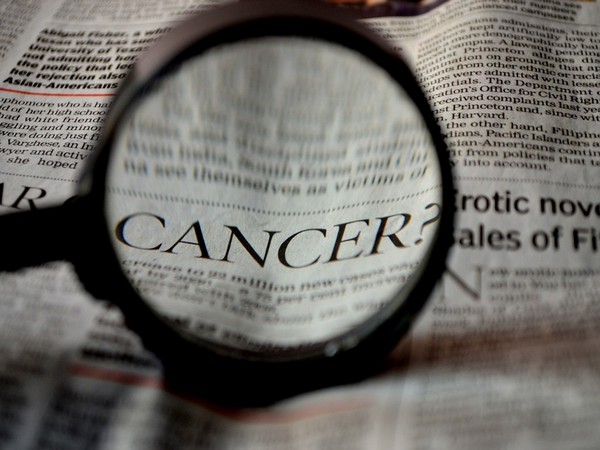Misinformation prevalent in cancer articles on social media: Study
Of the 200 articles that the researchers analyzed, 33% contained misinformation, of which, 77% contained information that could negatively influence patient outcomes.

- Country:
- United States
One-third of the most popular cancer treatment articles on social media contain misinformation, a vast majority of which could potentially harm cancer patients by supporting approaches that could negatively impact the quality of their treatment and chances for survival, reveals a new study published in the Journal of the National Cancer Institute.
The study, led by Skyler Johnson, MD, Huntsman Cancer Institute (HCI) physician-scientist and assistant professor of radiation oncology at the University of Utah (U of U), also reveals that articles containing misinformation garner more attention and engagement than articles with evidence-based information.
The research team, comprising experts in cancer care, health outcomes, and communications, convened medical expert panels to review and assess the claims presented in 200 of the most popular articles on social media sites, with a focus on articles related to breast, prostate, lung, and colorectal cancers.
Of the 200 articles that the researchers analyzed, 33% contained misinformation, of which, 77% contained information that could negatively influence patient outcomes.
"We found misinformation is clearly prevalent in cancer articles on social media, and the vast majority of those pieces contain harmful information," says Johnson who has major concerns about how one could distinguish between which articles are reliable and which are not.
Johnson advocates for physicians to maintain open communication channels with their patients, saying that "As a medical community, we can't ignore the problem of cancer misinformation on social media or ask our patients to ignore it. We must empathize with our patients and help them when they encounter this type of information."
He hopes that this research is just the beginning and wants to identify predictors of misinformation and harm on social media in order to help physicians and patients better understand and navigate this challenging issue as it can result in patients making decisions detrimental to their survival or outcomes.
(With inputs from EurekAlert)
- READ MORE ON:
- cancer misinformation on social media
- social media
- cancer










